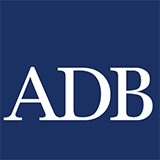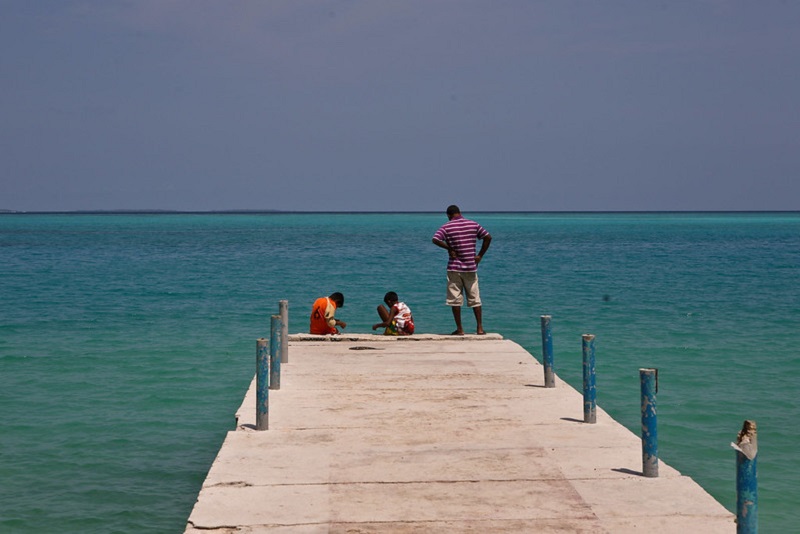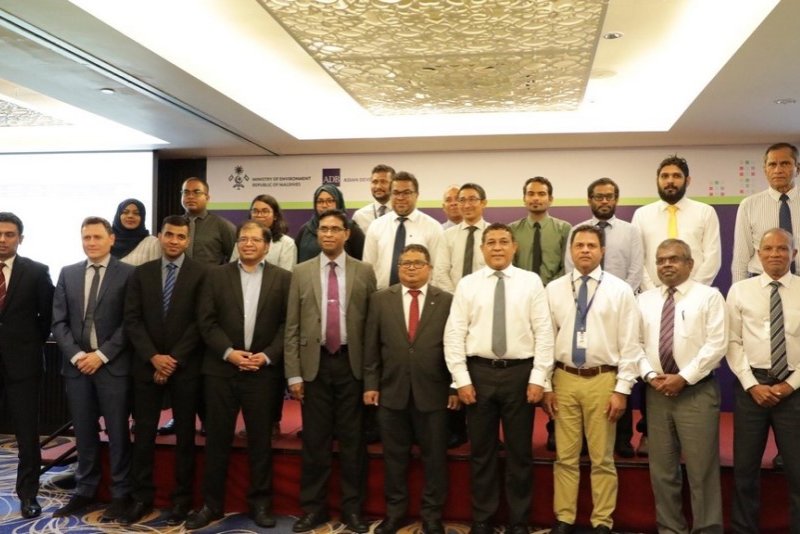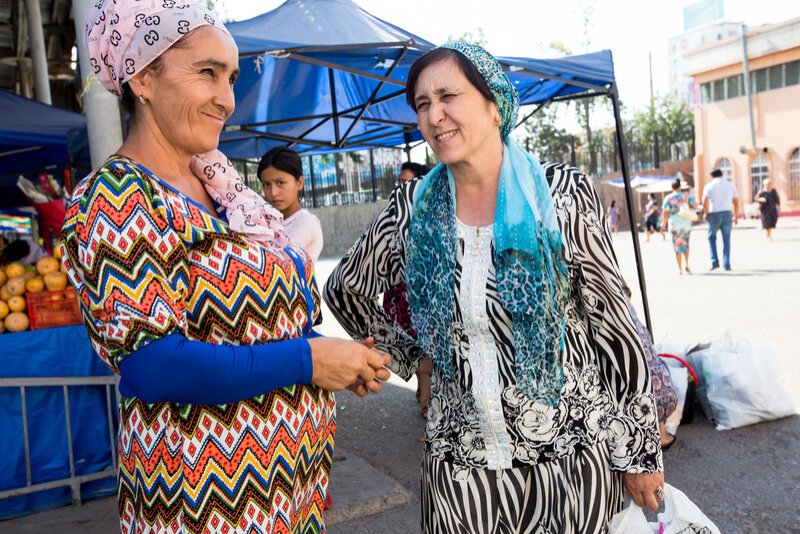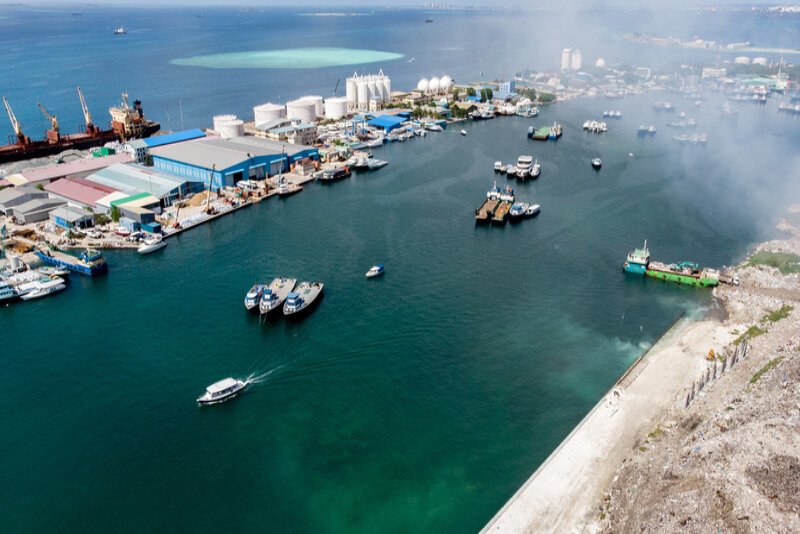In 1973, the Islamic Development Bank (IsDB) was established as a multilateral development bank to help its member countries achieve economic development and social progress. The IsDB works with ADB in the areas of transport, energy, urban development and services, education, agriculture, health, regional cooperation, private sector development, public–private partnership, trade financing, and trade development. It prioritizes support to these countries: Azerbaijan, Bangladesh, Indonesia, Kazakhstan, the Kyrgyz Republic, Maldives, Pakistan, Tajikistan, Turkmenistan, and Uzbekistan.
In November 2022, the ADB–IsDB high-level consultations took place, led by Mansur Muhtar, vice president operations of IsDB, and Shixin Chen, vice president operations 1 of ADB. They reviewed the progress of their partnership and assessed the challenges faced in working with their common member countries. They also discussed areas for collaboration and identified key areas where the institutions could work together, such as in COVID-19 recovery, climate change, food security, and education, among others.
Knowledge. ADB and IsDB released a joint report in November 2022 on unlocking Islamic finance for climate action. The report was also presented in a COP27 side event organized by ADB where upcoming challenges and opportunities in unlocking and scaling up Islamic finance for climate action were discussed.
News
ADB has approved a $73.4 million concessional loan and grant to the Government of Maldives to develop a waste treatment facility using waste-to-energy technology and disposal infrastructure for the Greater Malé region and neighboring outer islands.
ADB and the Environment Ministry of Maldives have inaugurated the implementation of a solar–battery–diesel hybrid system in 48 islands under the flagship Preparing Outer Islands for Sustainable Energy Development (POISED) Project to help the country tap solar power and reduce reliance on costly, polluting diesel.

